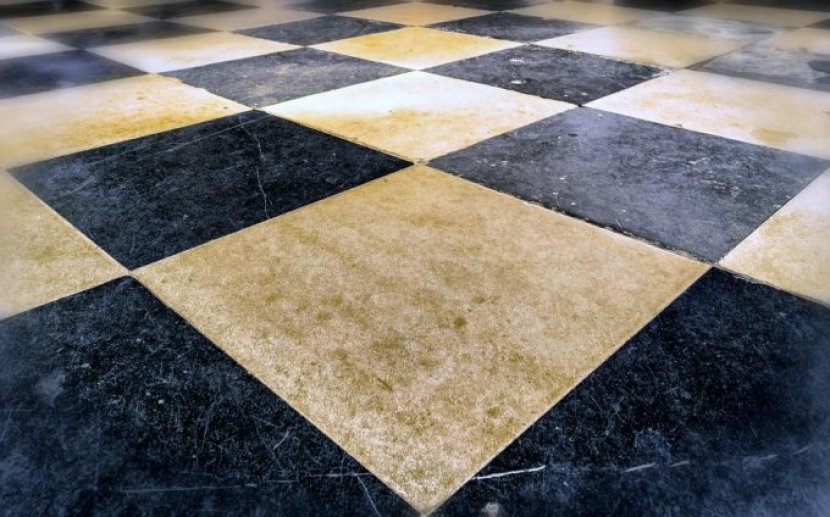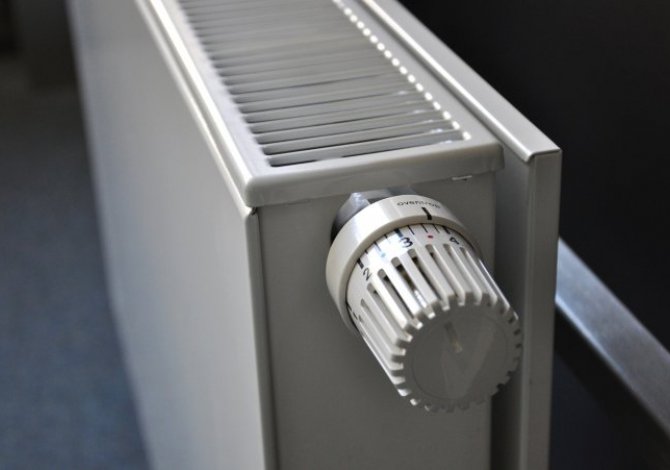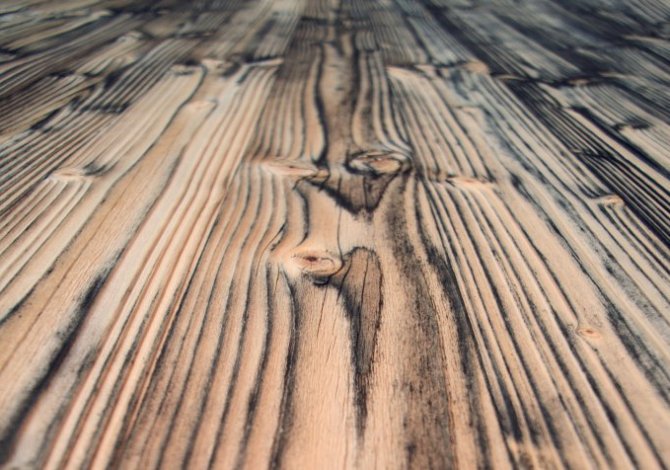The hallway is a place where many people pass through and which is constantly exposed to damage. Therefore, it is obvious that the floor in this room must be extremely resistant to dirt, scuffing, contact with moisture, etc. Fine particles of sand, mud, dust - brought inside from outside - could permanently damage an unprotected surface.
They usually adhere to shoes so firmly that they are additionally rubbed in by their surface and the weight of the human body. So the surface of the floor must be very resistant! We can distinguish four basic features, which an ideal hallway floor should have:
1. hardness and durability
2. ease of maintenance
3. resistance to dirt
4. slip resistance
When choosing the floor of your dreams, follow these four criteria - then your purchase will serve you longer.

Stoneware, terracotta, stone
Ceramic tiles, which we will lay in the hallway, should be made of durable and resistant materials - then they have the above mentioned features and create a perfect floor. Stoneware or terracotta tiles are the best idea! Porcelain stoneware tiles are characterized by hardness, resistance to abrasion and durability - even when they start to wear down, the structure and color will remain unchanged. Unfortunately, this also has its negative side. Their hardness makes it difficult to drill any holes in them. Drilling or cutting is therefore extremely difficult. This can be a problem, for example, when it comes to drilling holes for electrical boxes.
Terracotta tiles are also hard but have a smooth surface that is very easy to clean. They can come with a matte, semi-matte or shiny surface. The glossy version just needs a light wipe to return to its brilliant shine. The only problem is that scratches are easily visible on the surface and over time, the shine may be slightly diminished.
When choosing terracotta tiles, there is one more detail you should pay attention to: terracotta tiles should have wide joints (approx. 10 mm) in places exposed to major temperature changes. This will make it easier for the tiles to shrink and expand freely (depending on the temperature). Mortars should also be flexible enough to allow for these changes.
You can find more home tips at: http://skuteczne.pl/
















Comments (0)